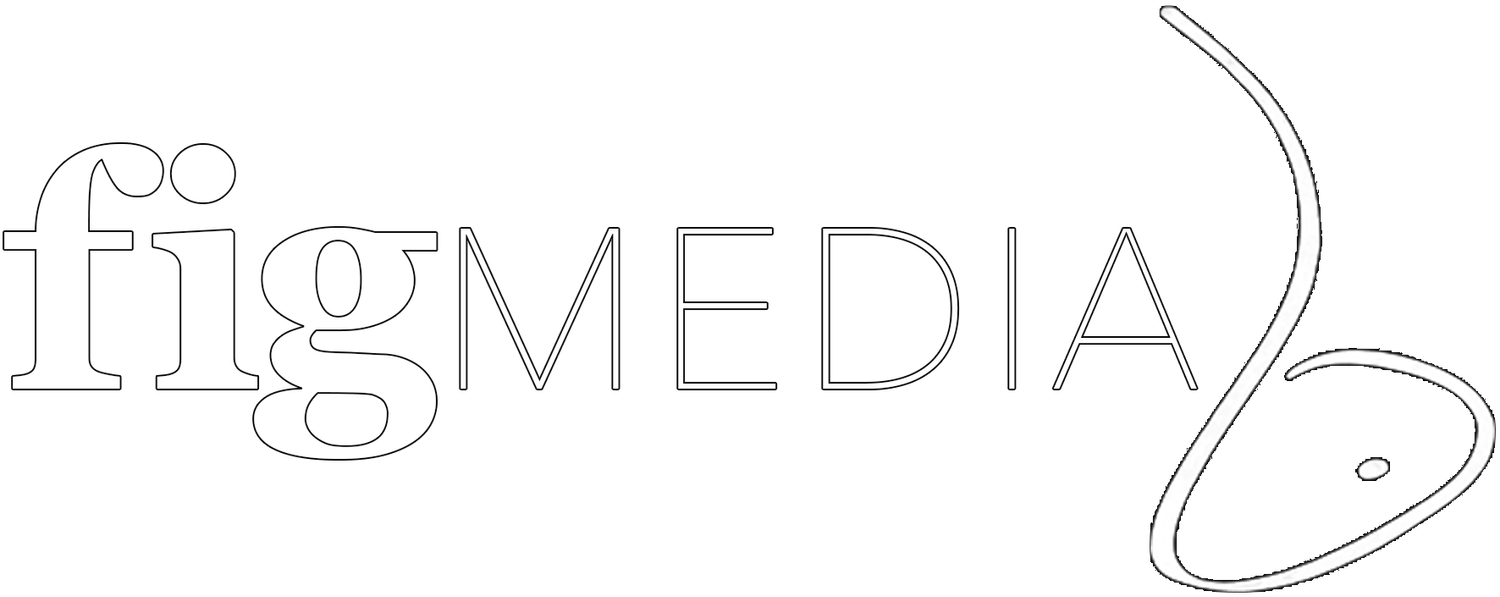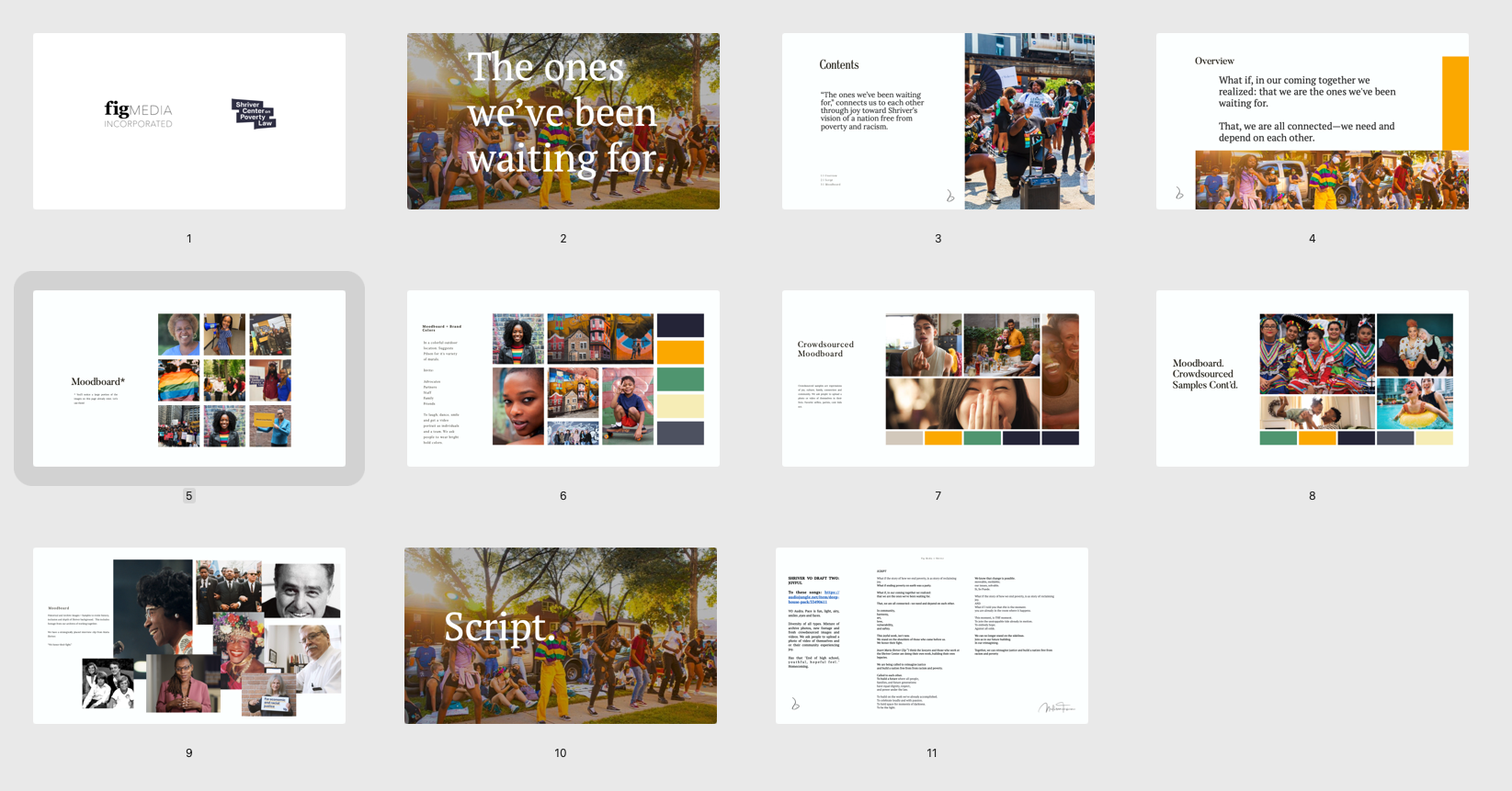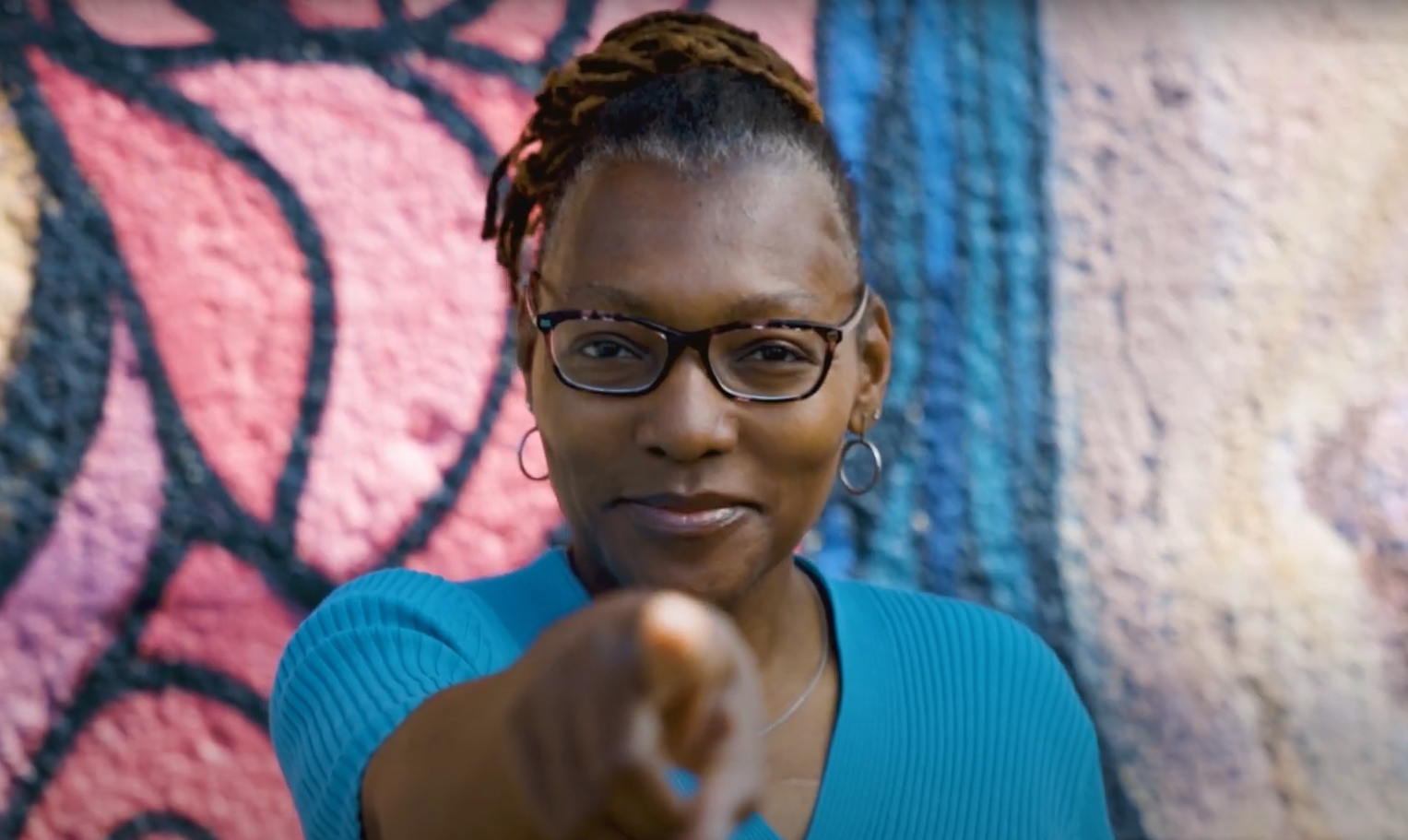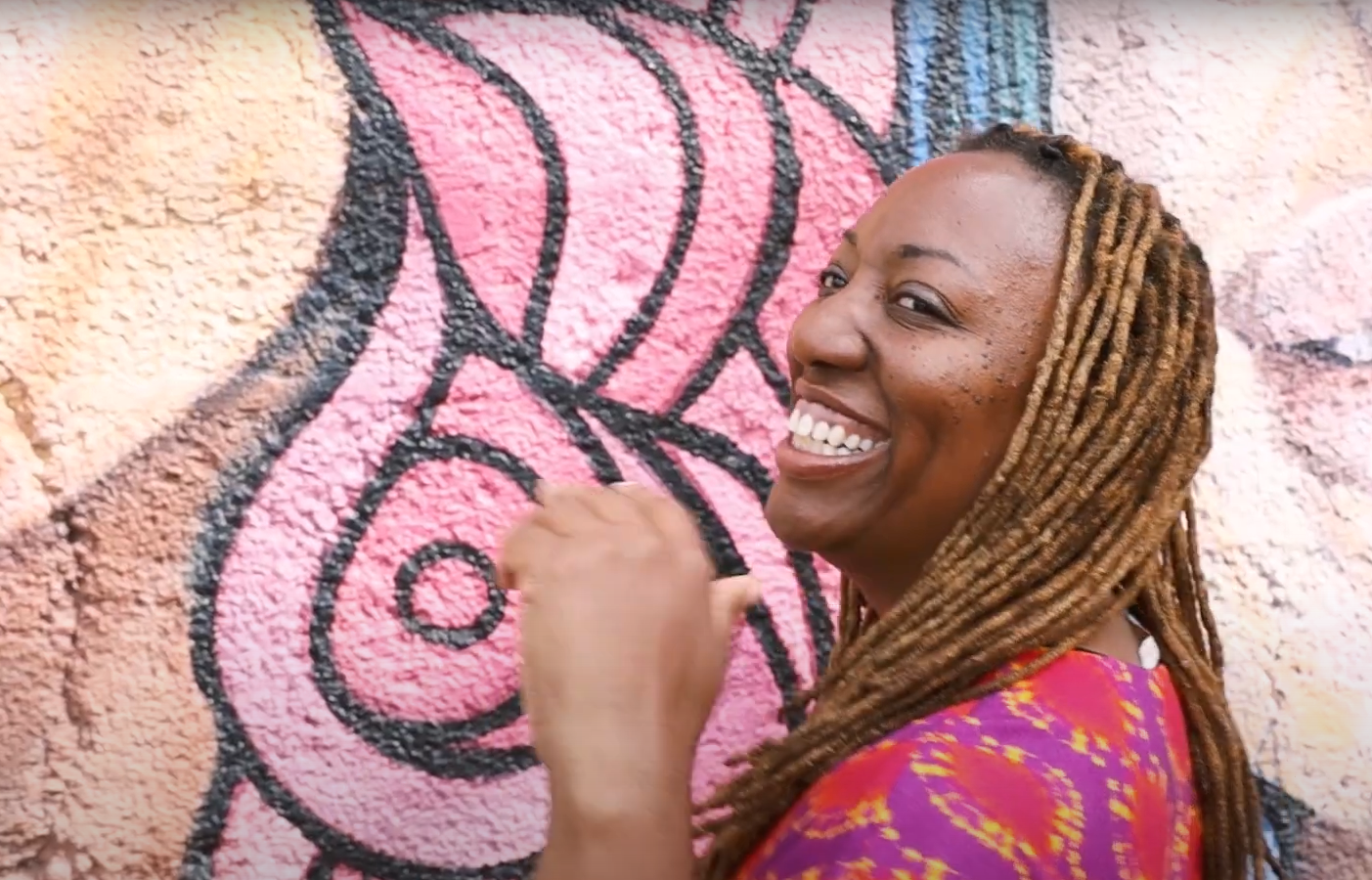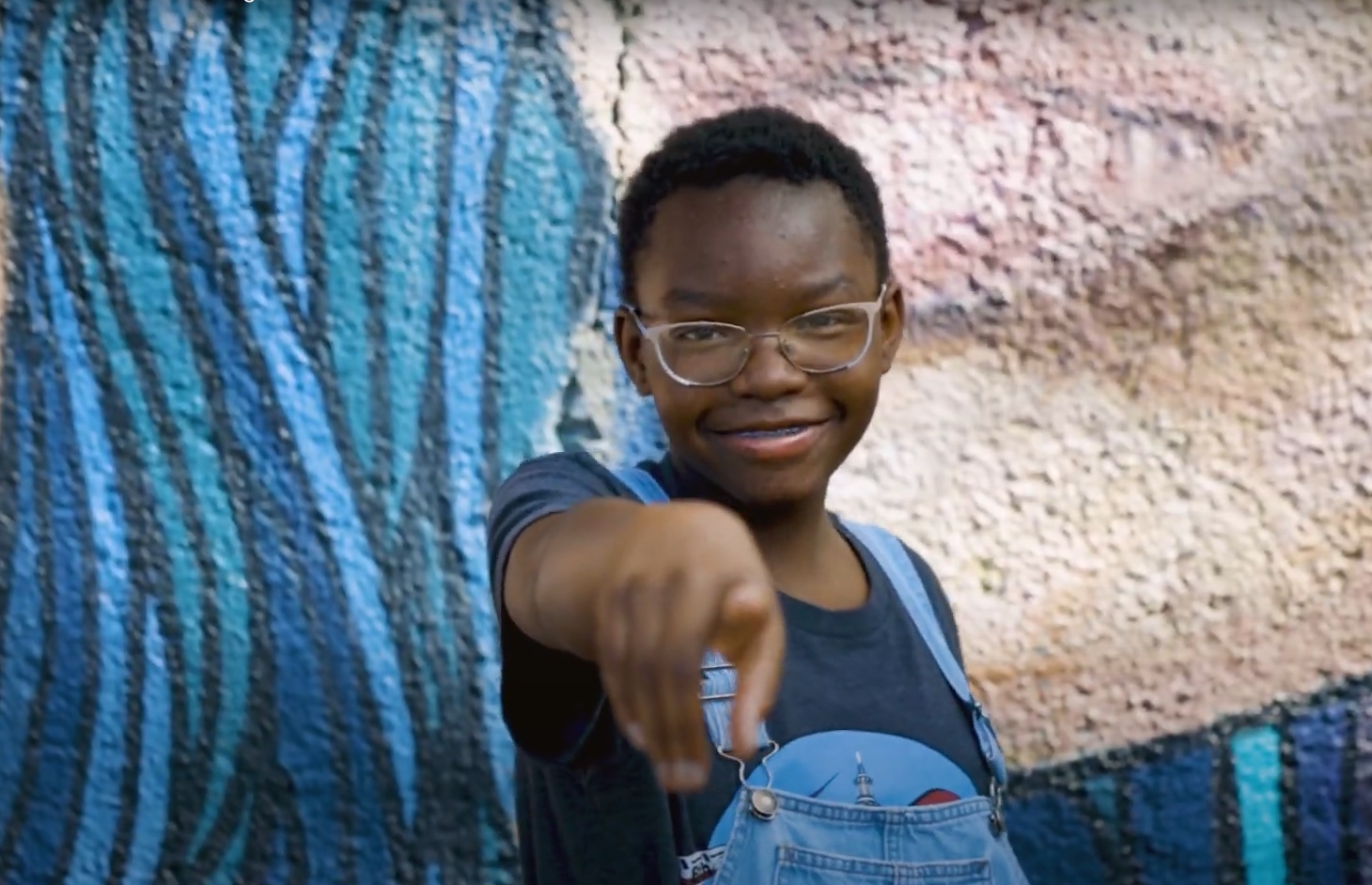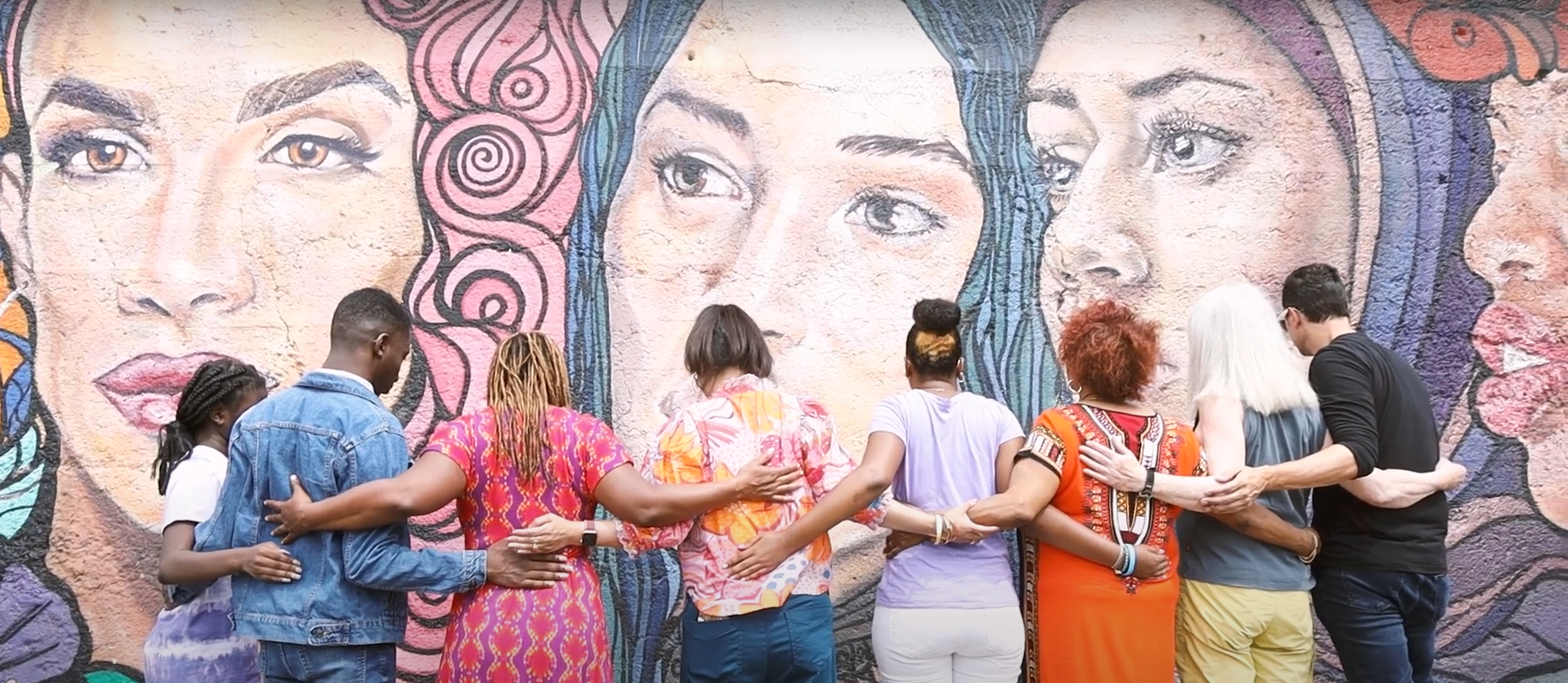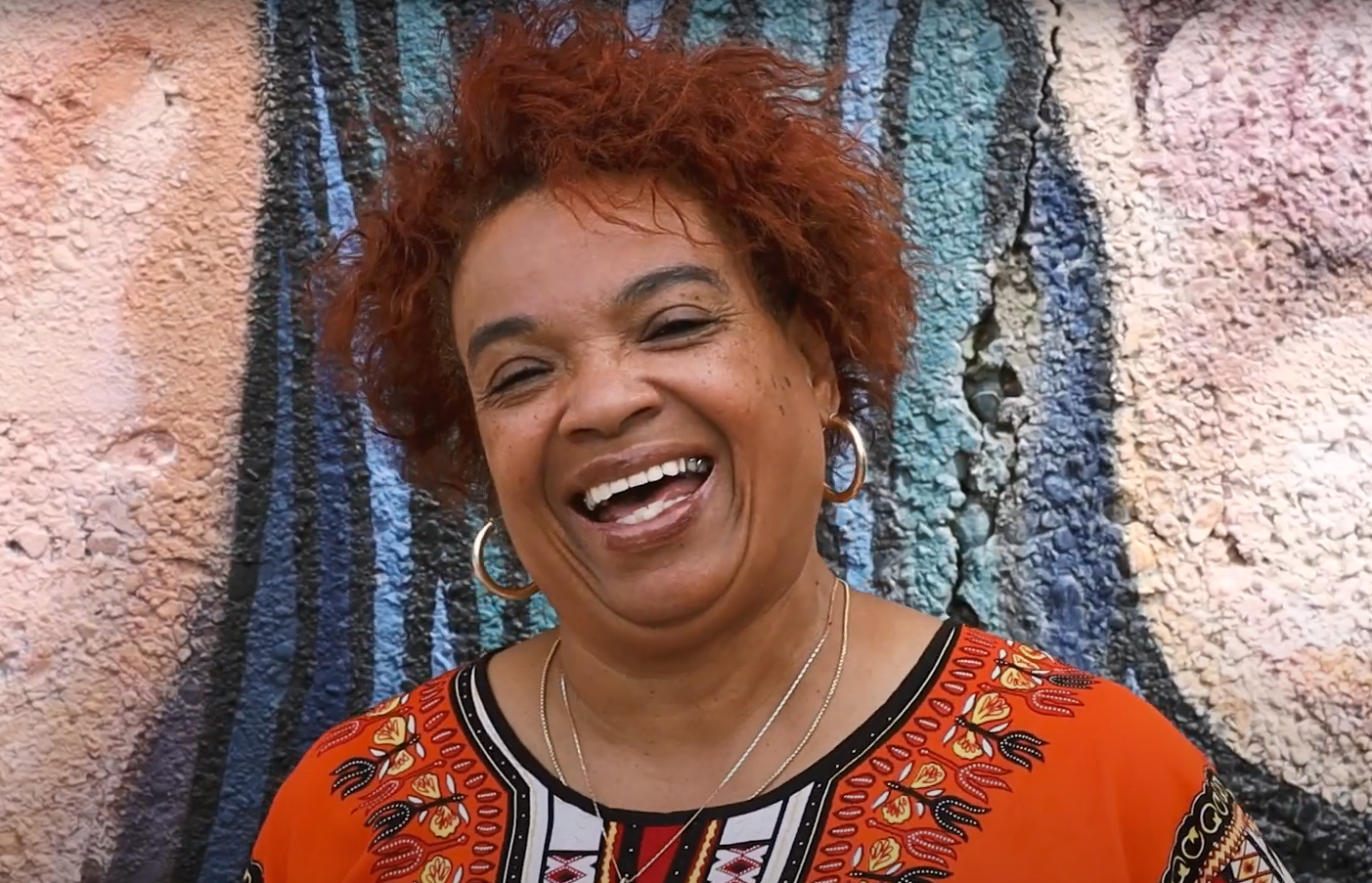Joy as Revolution. Highlighting community and connection with The Shriver Center on Poverty Law, attracts fresh advocates and donors to tackle big systemic issues through filmmaking.
“The ones we’ve been waiting for,” connects us to each other through joy toward Shriver’s vision of a nation free from poverty and racism. Created in collaboration with the team at the Shriver Center on Poverty Law, fig media delivered a powerful message to donors and advocates alike on a shorter than usual timeline. The short premiered at the annual fundraising gala, homecoming. Receiving accolades from the staff and advocates for a much needed infusion of energy and community, we are extraordinarily proud of the message, the film and the results.
Challenges
A typically timeline for a fundraising film is four months from script to screen. This project booked in August and was delivered by September 20th. That alone is a feat for celebration. The task was great. How do we talk about equity work without perpetuating harmful narratives, be authentic about the challenges, inspire advocates and donors to back the work? oh, and we'd like the film to feel like homecoming with house music.
Pre-Production Packet, Mood board and Pitch Deck Created for Client
Writer Director Melissa Fox, is at the forefront of creating for Shriver Center for the last eight years. She quickly got to work writing a script that could accomplish all of the above, on time and on budget. She pitched it back to both fig's internal team and the Shriver team within 48 hours of receiving the brief.
"What if we are the ones we've been waiting for?" is not a new concept but it felt right for the project. There was something so powerful about claiming joy and community as central to our ability to solve the problem of poverty. It is sticky. Fresh. Among the many ethical issues of "poverty porn," in fundraising, is the fact that it is ineffective for large scale global change.
Historically, "white saviors," felt moved by trauma and saw themselves as the solutions with a dollar amount or a mission trip, perpetuating harmful narratives. If we are to be change agents, we have to be honest about the stories we tell. As media creators, we have a responsibility to examine our own bias and see how that plays out in the nonprofit space.
The communities that benefit from this work don't need to be "saved." They are wholly capable of solving problems and in our experience are the best problem solvers and community organizers we have ever met. What they need are people in positions of power to see their humanity and provide pathways. To end the "white savior - lawyer personas," of the "To Kill a Mockingbird," age and build community WITH communities. This is a cornerstone of the work The Shriver Center does and when examining all options for an inspiring short, writer Melissa Fox chose this premise as it's key message.
The truth is, we want to help each other. We all desire to matter and be part of community. Our problems are solvable if we believe they are. "We all do better, when we all do better." (Paul Wellstone) While the initial pitch went well, there were some questions around the message of joy, given the magnitude and gravity of poverty in our country. This spurred robust internal discussions at the Shriver Center about the role of joy in justice work. In the end, we adjusted a few words with the Shriver team and committed to the direction. In our gut, we knew it was the right move. We are so grateful to the communications team at The Shriver Center for trusting us and fighting for the script to be approved.
The script was then handed off to production teams, Michele Gustin, executive producer and Codi Palm and Brian Carey on camera and voice over recording. The team scouted locations in Pilsen that would offer color Chicago murals that celebrated diversity for filming and the communications department had the task of gathering their community for the shoot to have a "pilsen party," and on a sunny summer afternoon the fig team filmed the staff in community with one another. That herculean effort concluded with gorgeous results. In the edit room Codi Palm and Melissa Fox collaborated to bring the film to life, highlighting eight years of archive from our collaborations with Shriver cut to voice over of Audra Wilson and branded text.
Results
We feel so strongly about the results, we are currently submitting the film for award consideration. The message fits in line with fig's brand promise: We promise to strategically shape and expertly frame your narrative through sight and sound-related experiences, as we educate, entertain and inspire your people. We create compelling content for a better world.
We truly believe in the message. We've seen the power of it with our clients and how the films we create can lift up whole communities. There is no one coming to solve our problems, we are the ones we've been waiting for.
““The video really resonated with our audience at our event. I have heard several compliments from a range of people. Thank you again for all your work on this!”
TEAM
Executive Directors: James and Michele Gustin
Writer / Director: Melissa Fox
Camera: Melissa Fox (archive), Brian Carey, Codi Palm
Editors: Codi Palm and Melissa Fox
Corporate Video, Non-Profit Video, Chicago video production, video production company, best video production, Nonprofit storytelling, nonprofit stories, nonprofit video production, chicago fundraisers, Chicago community stories, Chicago, Fundraising, Chicago nonprofit event, poverty is solvable
